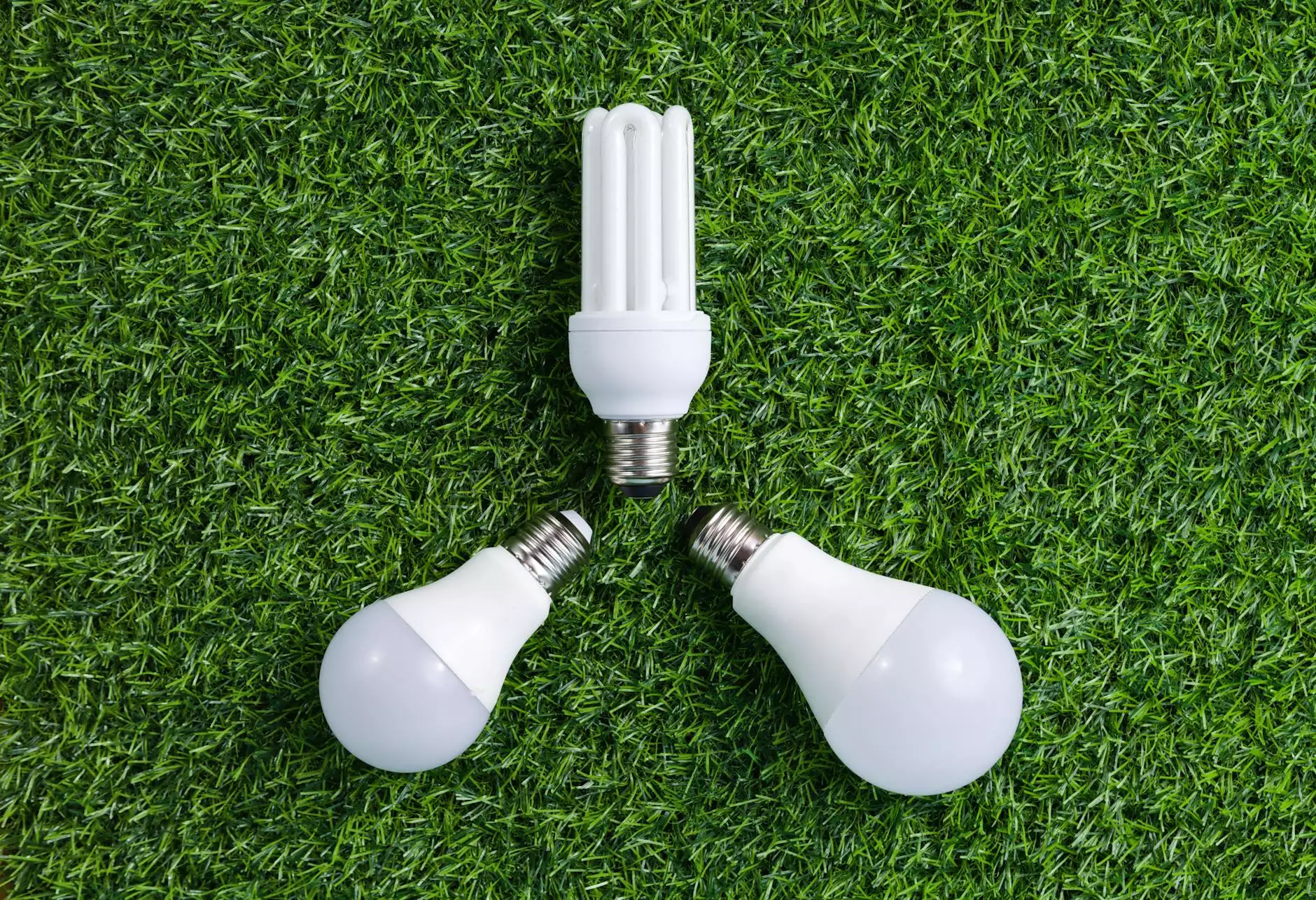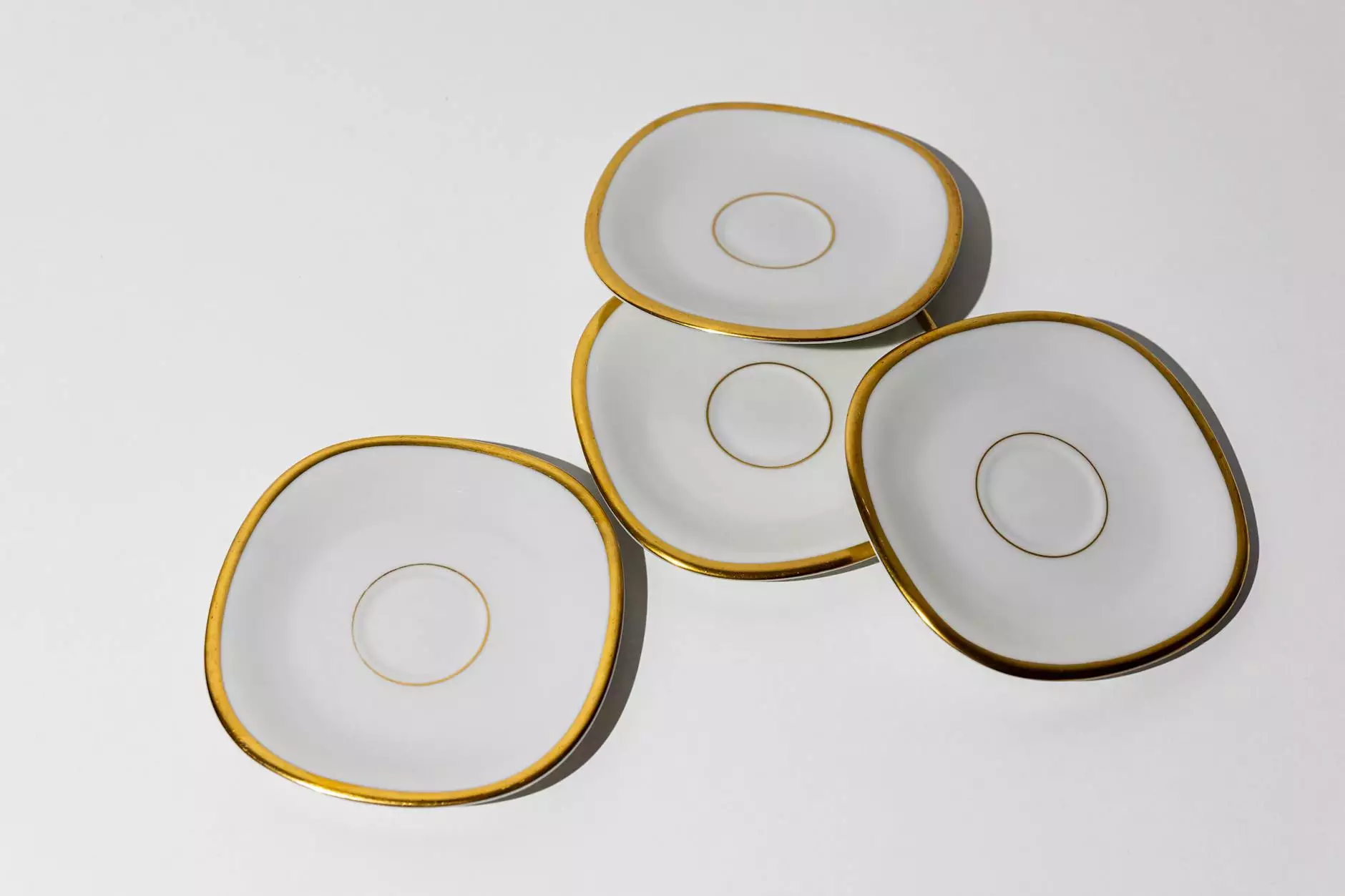Bone Density Scanner for Sale: Why Investing in Health is Vital

In today’s world, where health is becoming increasingly prioritized, the demand for diagnostic tools that enhance medical assessments is at an all-time high. Bone density scanners have emerged as essential equipment in both clinical settings and personal health management. If you're looking for a bone density scanner for sale, understanding its benefits and the pivotal trends in the health industry is paramount.
Understanding Bone Density Scanners
A bone density scanner is a sophisticated device used to measure the density of bones in the human body. It plays a crucial role in diagnosing conditions such as osteoporosis, a disease that significantly increases the risk of fractures. The data obtained from these scanners provide critical insights into bone health and help healthcare providers personalize treatment plans for their patients.
Types of Bone Density Scanners
There are primarily two types of bone density scanners used in healthcare facilities:
- Dual-Energy X-ray Absorptiometry (DEXA) - This is the most common method for measuring bone mineral density and is considered the gold standard in diagnostic imaging.
- Sonic Bone Densitometry - This utilizes sound waves to measure bone density and is often used as a portable option in various clinical settings.
The Importance of Bone Density Scanning
Regular bone density testing is crucial for several reasons:
- Early Detection of Osteoporosis: Early intervention can reduce fracture risks significantly.
- Monitoring Treatment Efficacy: Regular scans help track how well a treatment plan is working.
- Risk Assessment: Understanding personal risk factors helps in making informed decisions about diet, exercise, and health strategies.
Benefits of Owning a Bone Density Scanner
Investing in a bone density scanner can yield significant benefits for health facilities and medical centers. Here are some of the critical advantages:
- Enhanced Patient Care: By having access to bone density measurements, healthcare providers can offer tailored therapies and follow-up plans.
- Increased Efficiency: Having a scanner on-site allows for immediate testing and quicker decision-making.
- Revenue Generation: Offering bone density testing services can open new revenue streams for medical practices and health facilities.
Market Trends in Bone Density Scanning
The market for bone density scanners is growing rapidly, influenced by various factors:
- Increased Aging Population: As the global population ages, the demand for osteoporosis screening and treatment is expected to rise.
- Technological Advancements: Innovations in scanner technology are making devices more efficient and easier to use.
- A Growing Awareness: Increased awareness of osteoporosis and its risks encourages more people to seek screening.
Choosing the Right Bone Density Scanner for Sale
When considering a bone density scanner for your medical center or practice, it's essential to evaluate several factors:
- Device Specifications: Look for features such as accuracy in readings, speed of scans, and compatibility with your existing systems.
- Cost: Assess the overall value, including operational costs, maintenance, and warranties.
- Support and Training: Ensure that the manufacturer provides adequate training and support for staff.
How Beammed.com Can Help
At Beammed.com, we understand the importance of having reliable medical equipment. Our extensive selection of bone density scanners for sale covers various models to suit different needs:
- High-Quality Products: We only offer bone density scanners from reputable manufacturers.
- Expert Guidance: Our team of professionals is available to help you select the perfect scanner to suit your practice's requirements.
- Post-Sale Support: We provide ongoing support and resources to ensure that your scanner operates efficiently.
Conclusion
Investing in a bone density scanner for sale is not just a purchase; it’s a commitment to providing exceptional healthcare and improving patients' quality of life. With advancements in technology and a growing awareness of bone health, now is the perfect time to consider adding a bone density scanner to your practice. Choose Beammed.com for all your medical equipment needs and take the first step towards enhanced patient care today!
FAQs About Bone Density Scanners
1. How often should bone density scans be done?
The frequency of bone density scans can vary based on individual risk factors, but it is generally advisable to have a scan every 1 to 2 years for those at higher risk of osteoporosis.
2. Are bone density scans painful?
No, bone density scans are non-invasive and painless. The procedure typically takes between 10 to 30 minutes.
3. Can bone density scans lead to radiation exposure?
DEXA scans involve minimal radiation exposure, significantly less than that of a standard chest X-ray. The benefits greatly outweigh the risks for those undergoing the procedure.



